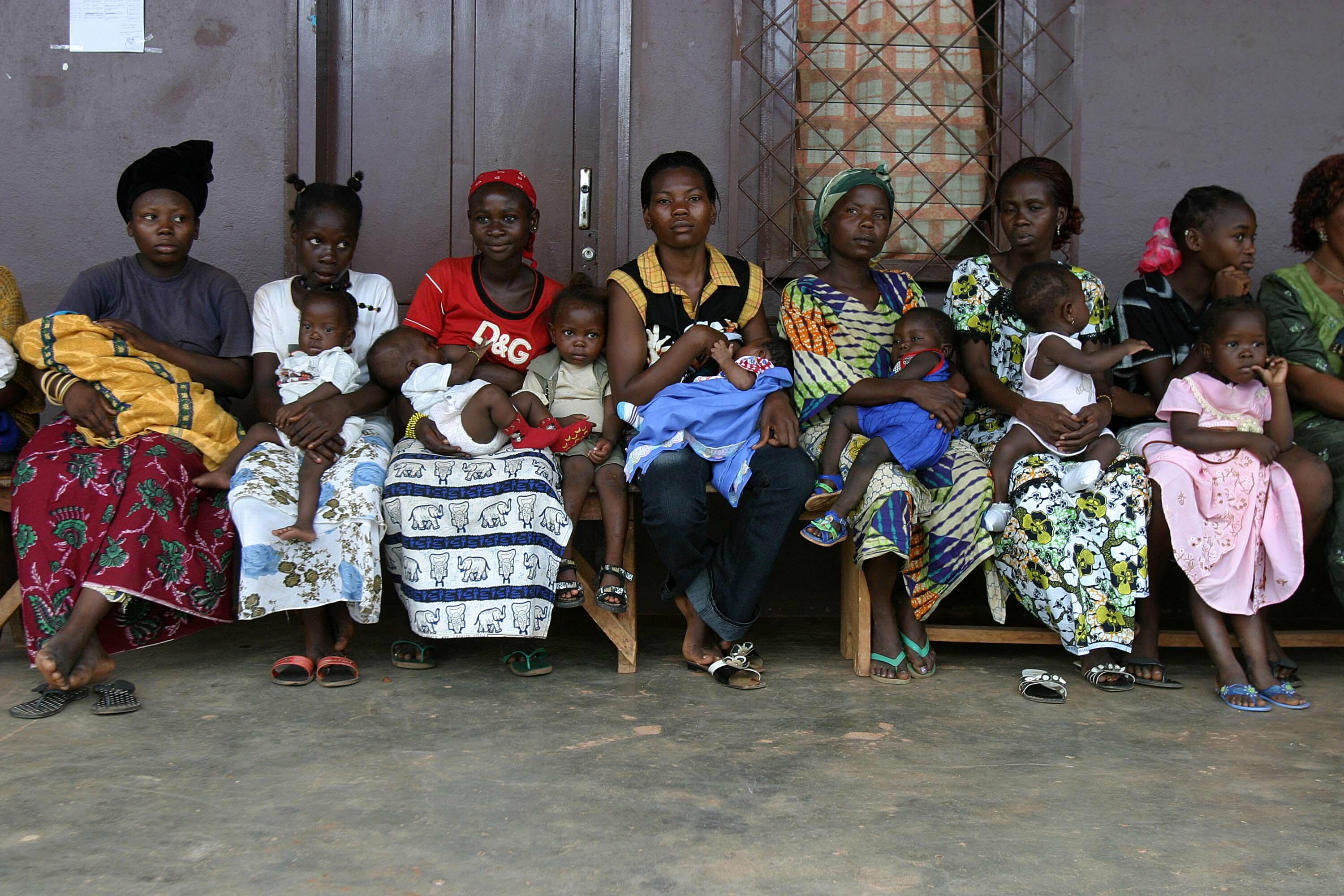
The real progress made in tackling inequity in global health over the last 50 years is undeniable.
The breakthroughs made in the last five decades have been applied and are working, but the gains are levelling off. HIV transmission rates have remained stubbornly high, children in low-income countries are 14 times more likely than those in high-income countries to die before the age of five, and childbirth is still a critically dangerous time for many women.
Issues which previously have been limited to the Tropics are now becoming of global significance. Within our lifetime, the tried and tested drugs and insecticides developed in the last century will no longer work, further eroding the gains we have already achieved.
Globally, we are not producing enough future health leaders equipped to tackle the enormity of the health challenges that face the world. Research and government funding has supported some of the previous breakthroughs, but these funders are often too risk-averse to support the truly innovative, rebellious and original ideas which could drive real change.
We believe that to advance the next frontier in global health innovation, we need to think differently.
The solution